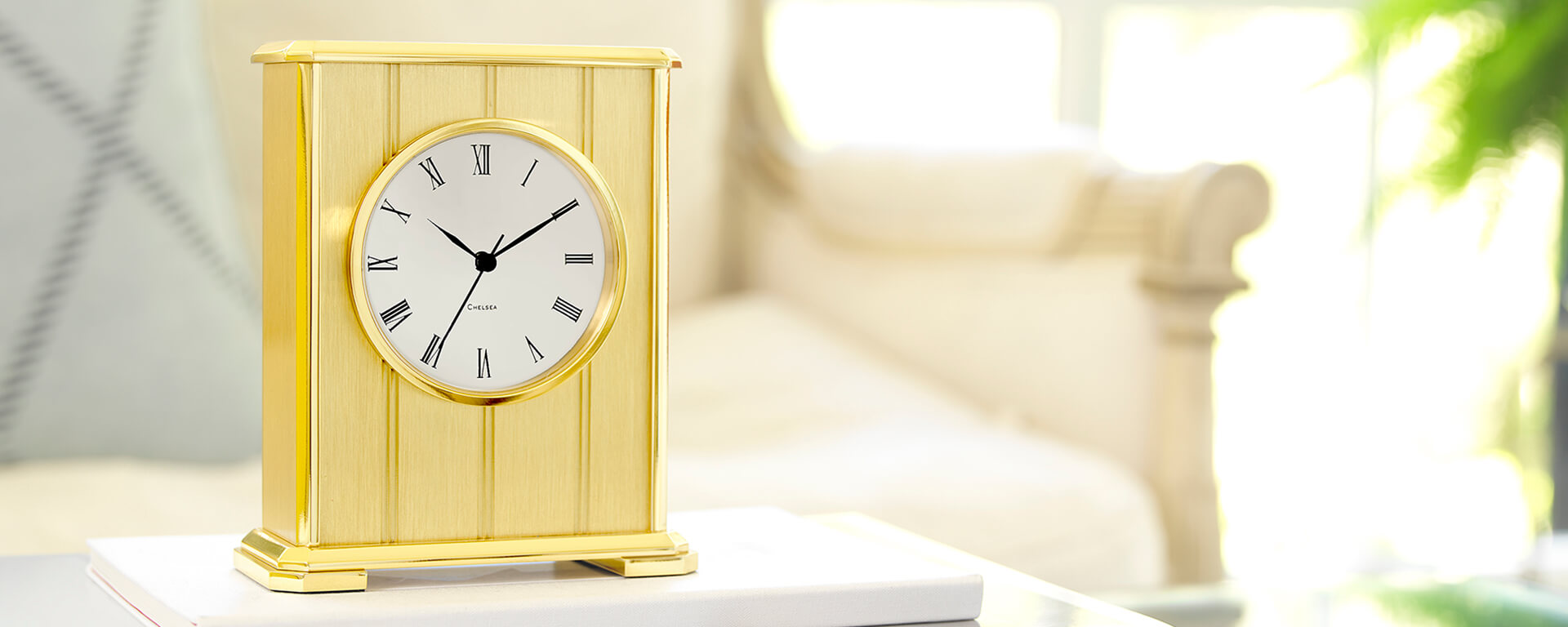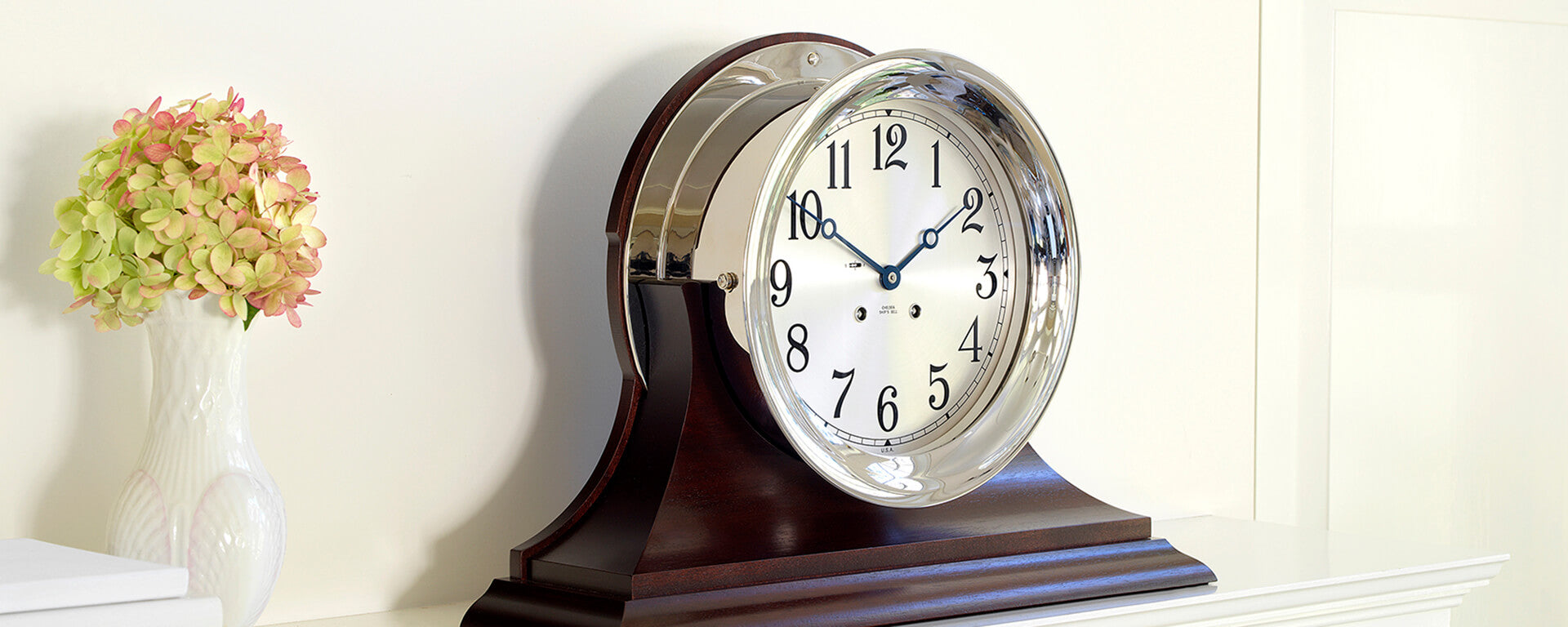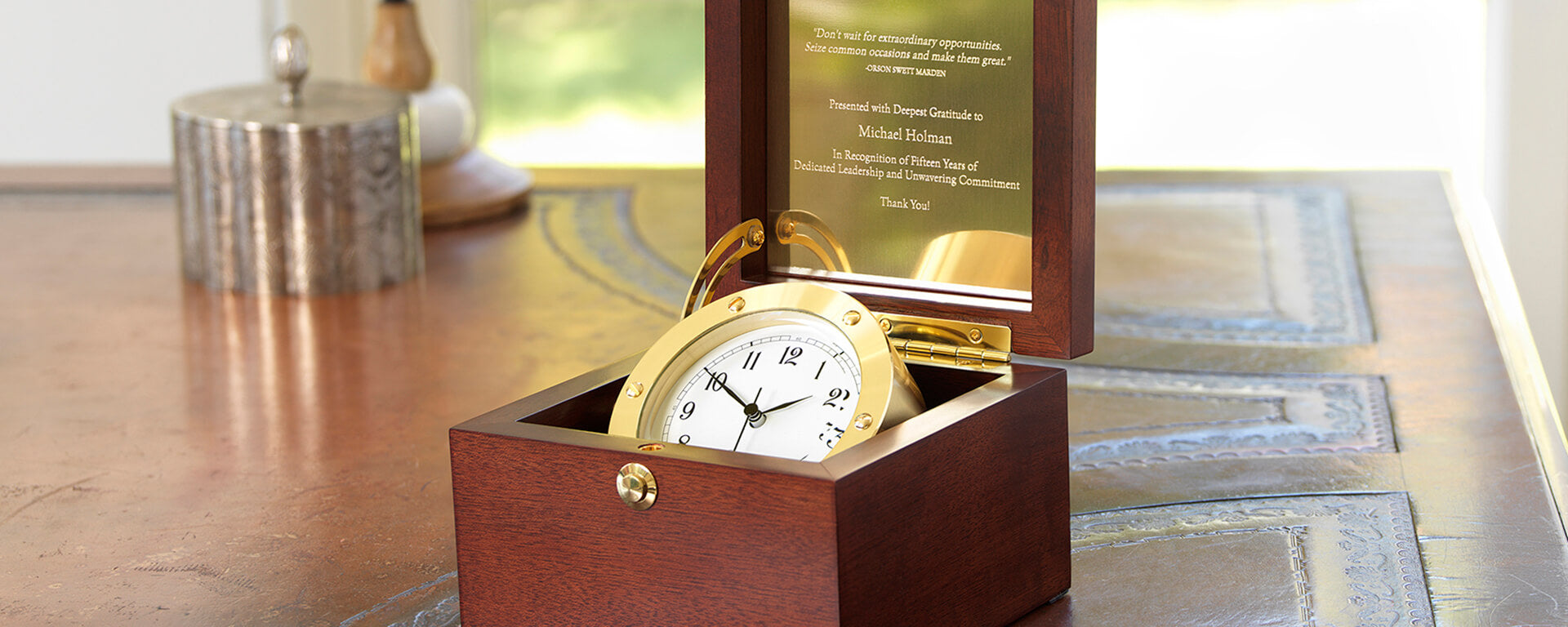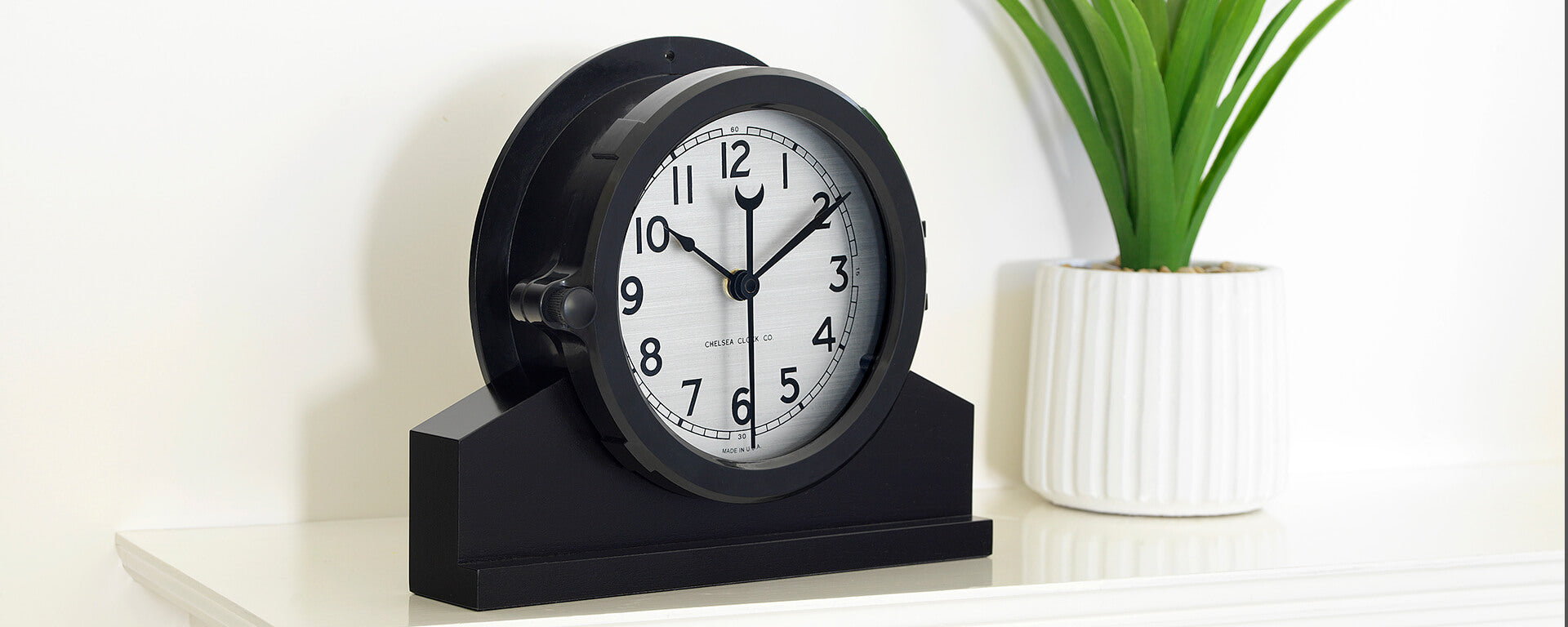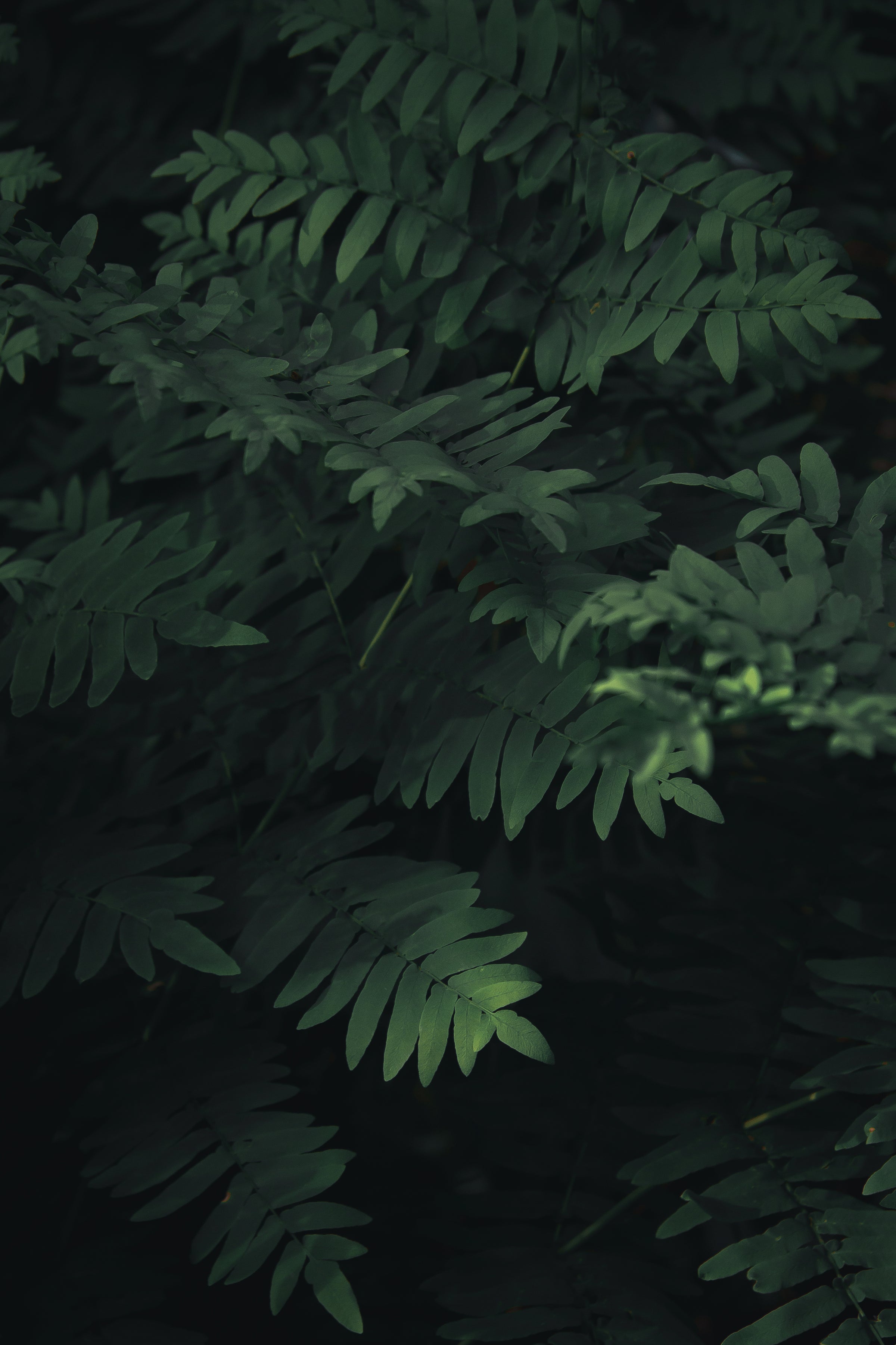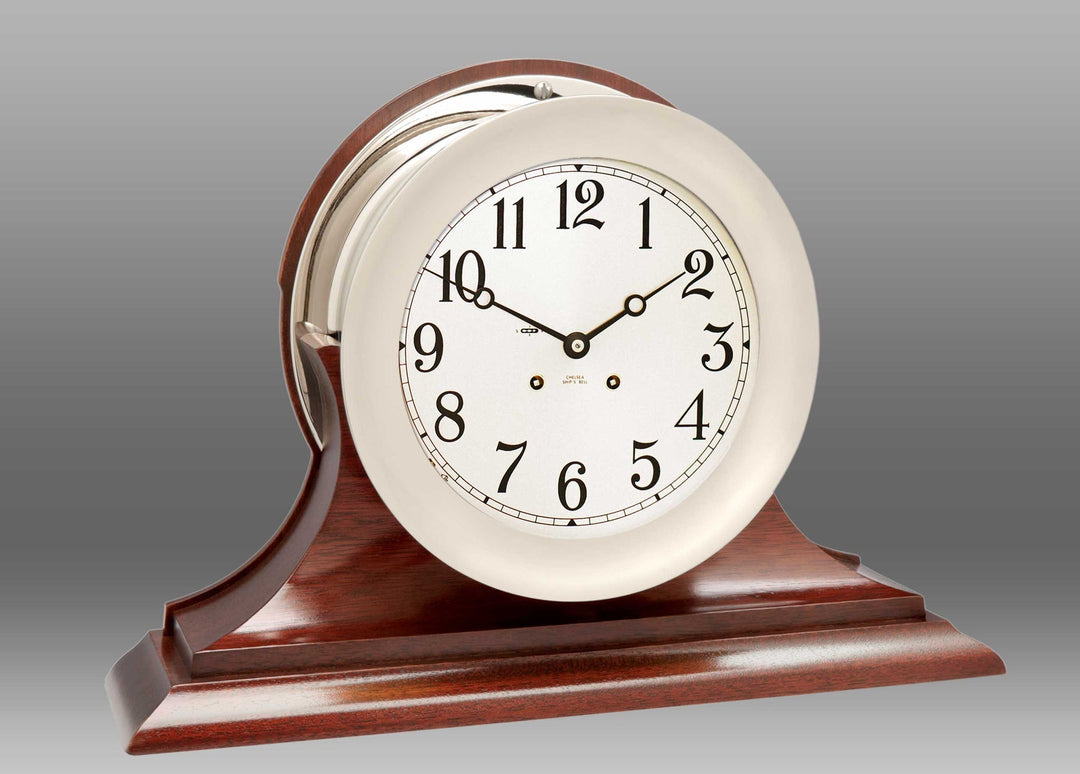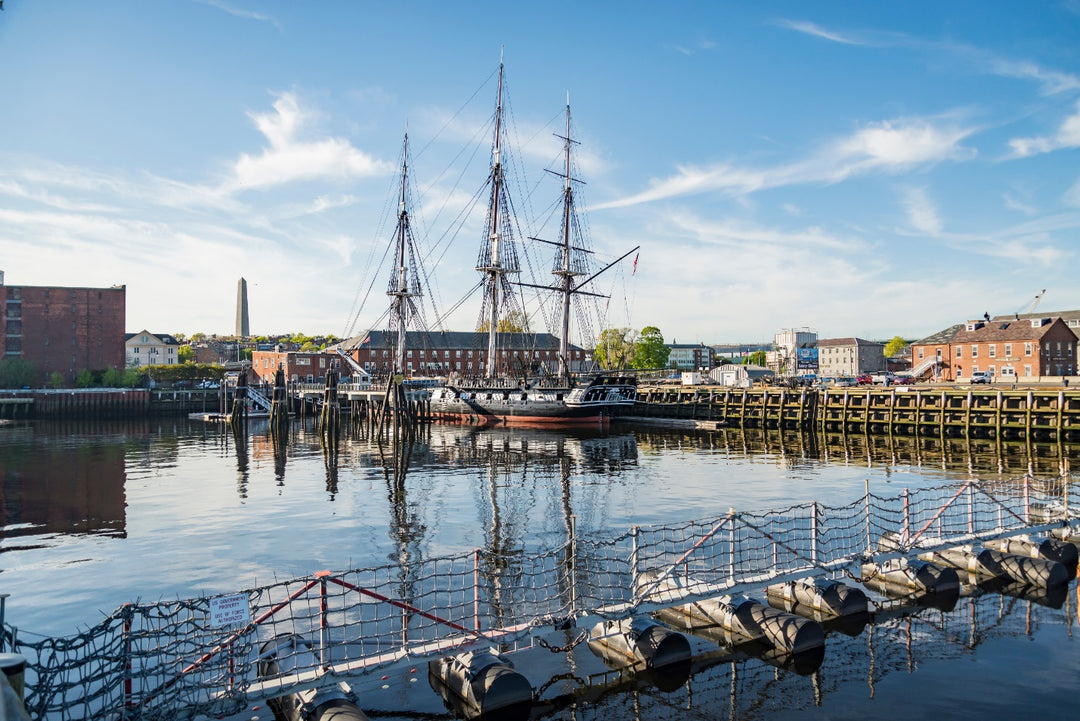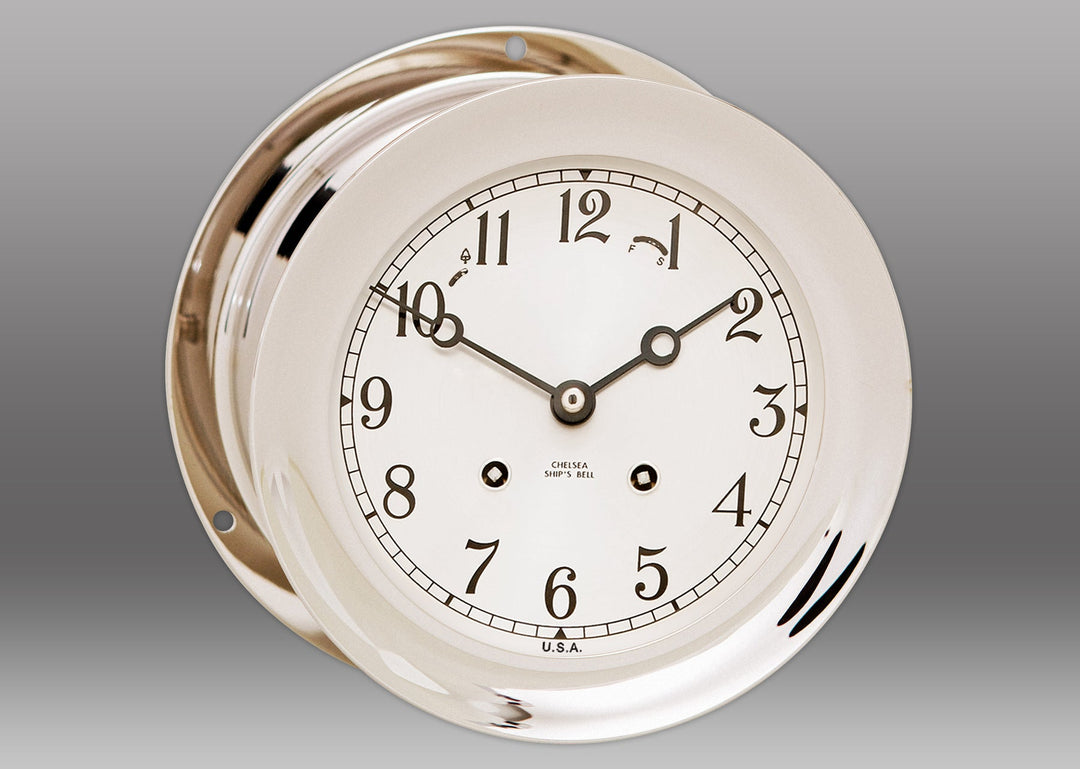Q&A: A Conversation with Vintage-Auto-Clock Collector Ronald Frank
One of the blessings of modern technology is that we're able to connect with clock enthusiasts and Chelsea lovers from across the globe and from all walks of life through our different social media channels and our blog. In this instance, we befriended Dr. Ronald Frank, a vintage-auto-clock collector, via Instagram. Frank has many wonderful photos of his collection on his own Instagram feed, and we were lucky enough to catch up with him to chat about his life as a collector.
Chelsea Clock: How long have you been collecting vintage auto clocks?
Ronald Frank: I've been collecting for more than 20 years. I started in about 1995 or 1996.
CC: What prompted you to start collecting?
RF: My wife and I are antiques collectors and we used to go to the Triple Pier Antiques show in Manhattan. That's where I first came across one of these clocks. It wasn't a Chelsea, but a Waltham. It was this oversized clock with a long stem, and I had no idea what it was. But I bought the clock and then I went to do some research, and what I found is that there's very little information out there on these clocks. I eventually found a book called Dashboards by David Holland. More than 20 years ago he photographed dashboards of old cars and that's how I ended up identifying this clock as a dashboard clock. In the first half of the 20th century you could buy a clock from a jeweler or an automotive supply house or an actual clock dealer, and these were add-on accessories for your dashboard. For many people the dashboards were like blank slates to add little accents to based on their needs, like speedometers, mirrors, clocks, even altimeters. More and more I started hunting for these 1900s-1950s, manually wound auto clocks, and that's how the collection evolved.
CC: How many do you have now?
RF: Probably between 400 and 500.
CC: Wow! Where do you store them all?
RF: I display them in a cabinet -- they were photographed for the Wall Street Journal in 2012.
CC: How many Chelsea auto clocks have you acquired over the years?
RF: I have about a dozen. In my travels and through my antiques collecting I had acquired some Chelseas that were not automotive clocks, so I was familiar with the brand. And then through the Andrew Demeter book Chelsea Clock Company, The First 100 Years> I found out that Chelsea did in fact make auto clocks. Demeter wrote a whole section on Chelsea automotive clocks and featured several of the catalogs from the early 1920s in the book. From there I learned that Chelseas were the crème de la crème — the best of the American clocks — so I started to collect a number of these pieces.
CC: Do you have any favorite pieces within your collection?
RF: The Chelseas are some of my favorites because they’re such high-quality clocks. I also love the Jaegers. A lot of them have the names of the automobiles on the dials, so they have a lot of historical significance: Bugatti, Delage, Peugeot — very expensive European automobiles. So those are very coveted clocks. I also love old catalogs and advertisements because they help me piece together the stories that go along with the clocks. That’s the exciting part for me. I’ve assembled information on 25 different clock companies and I’ve collected catalogs and various things that go along with them, such as the original boxes. I have lots of vintage Chelsea advertisements.
CC: Where do you find all this stuff?
RF: I actually find clocks everywhere. Some are found on the internet, and I used to travel to Paris frequently where I'd find clocks at flea markets. What's been tough is I've always wanted to find them in the most pristine condition possible. There are a lot of clocks out there that are very damaged -- cracked, missing hands, rusted out, or the mechanism's not working. It’s getting a lot harder to find quality clocks. There’s not that much out there anymore. But I stumble on pieces all the time.
Read more about Dr. Frank's collection in his WSJ profile here.


